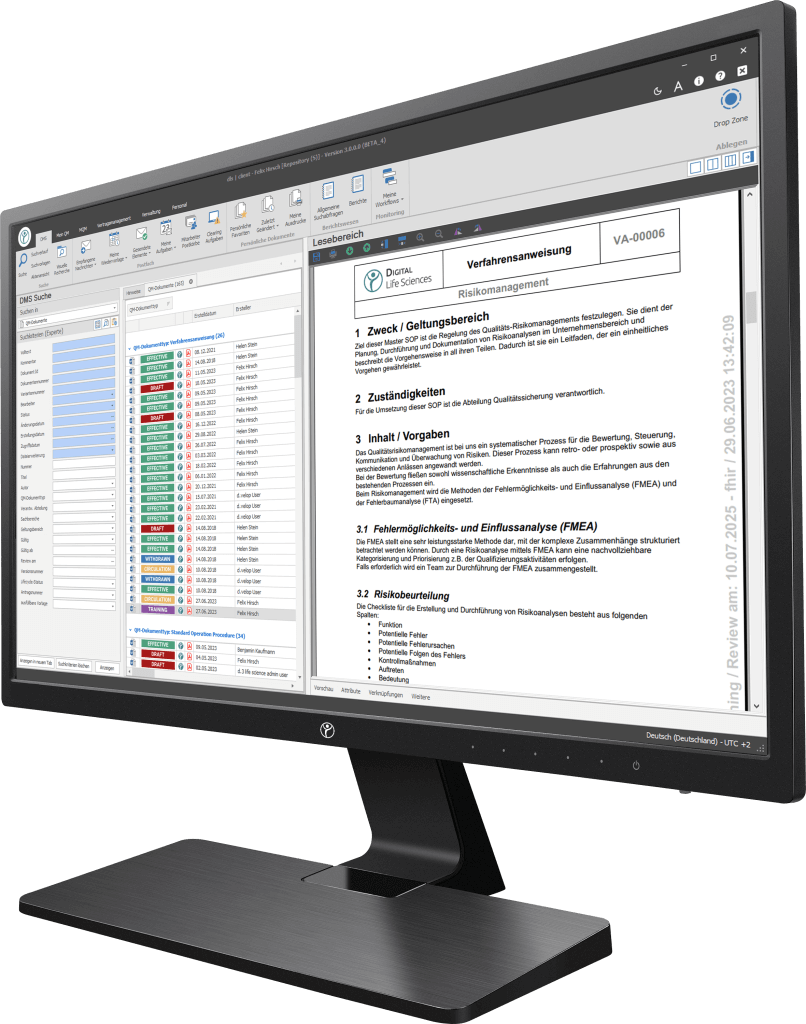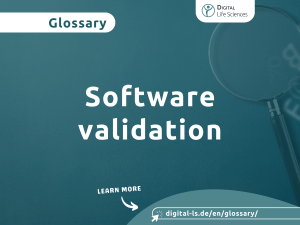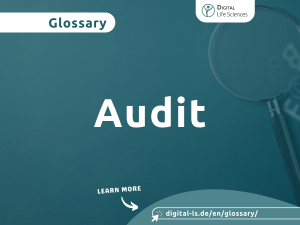Definition of the term (“What is a complaint?”)
Complaint management includes all measures taken by a company to process customer complaints regarding the company’s performance. The focus here is on customer satisfaction, which should be maintained despite the customer’s negative experience.
The focus of complaint management is the expression of complaints, which can be expanded to include other areas such as praise, follow-up complaints, suggestions for improvement or inquiries.
What are the benefits of complaints management?
Active complaint management is characterized by the fact that it presents the strengths and weaknesses of a company from the customer’s point of view. These include, for example, service or production deficiencies as well as employee errors.
Furthermore, complaints management offers the following advantages:
- Customer loyalty
- Brand reputation
- Operational efficiency
- Improved communication
- Simple implementation
- Continuous improvement
- Increase in service quality
- Avoidance of errors and subsequent errors
Discover the right software for your complaints
Control your production-related QM processes such as complaints with our digital workflows. Our integrated solutions manage your previously paper-based process from capture to completion completely digitally. Compliant with ISO standards, EU GMP, FDA CFR & more.

What is the difference between complaints and grievance management?
The terms are often used interchangeably in everyday life. However, there is a significant difference:
On the one hand, complaint management deals with issues that are directly related to a product or service. In addition, it includes a legal claim to remedy if the service or goods deviate from the specifications.
On the other hand, complaint management deals with negative conversations that are held with the company’s own customers and should be systematically evaluated in accordance with EN ISO 9001. Discussions also serve as an opportunity to improve process and product quality and customer orientation.


